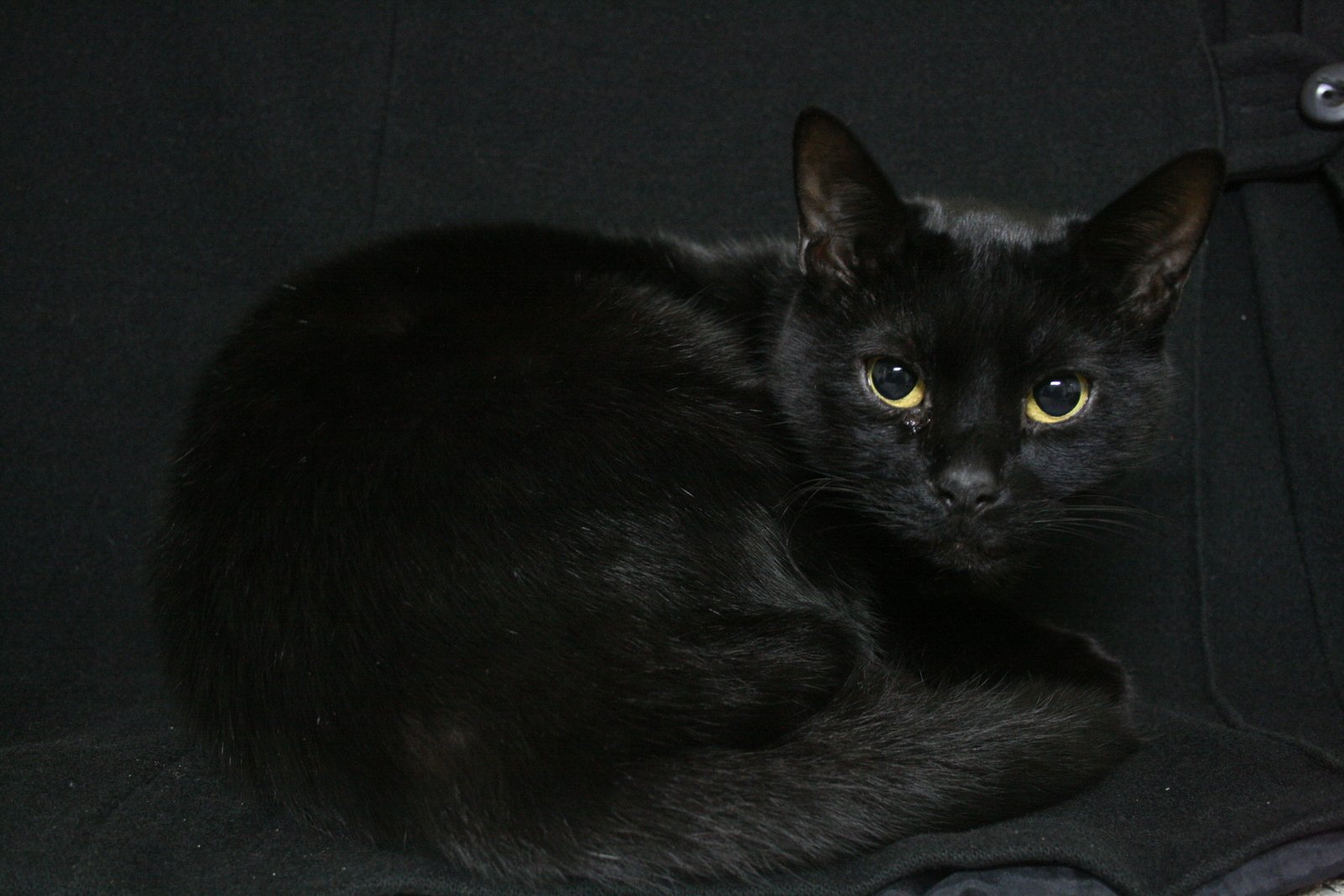

"They're both spoiled brats of UPC, who on behalf of large (and international/foreign) pharmaceutical giants try to pass the UPC (ratify UPCA)."Marks & Clerk's Mike Gilbert and Jonathan Stafford wrote about it before the weekend, as did the liars and crooks from Bristows LLP. They're both spoiled brats of UPC, who on behalf of large (and international/foreign) pharmaceutical giants try to pass the UPC (ratify UPCA). We'll say more about that in a moment.
Here is what patent maximalists at Managing IP [sic] wrote about it:
The UK’s highest court yesterday affirmed that a patent licensed from former biotech company Icos to Eli Lilly for the erectile dysfunction (ED) drug Cialis (tadalafil) is invalid.
“Importing the research process into that reasoning is no longer inventive step, because otherwise only new research processes could remain patentable, any finding based on known research processes would simply be obvious to try, whatever the efforts.”
--Anonymous"Research," the comment continued, "even being made in clinical trials, remains research, i.e. exploration of the yet unidentified (and unsuggested for inventive step). If the prior art would have suggested that this drug would be active at low doses, I would then have agreed that a motivation would exist to specifically look for the lower dosages. However, even though this exploration was made in standardized clinical trials, this remained research and exploration. Moreover, the inventors have no choice but to carry out this research in clinical trials because it is performed on humans. If the product would not have been a drug, hence would not have required clinical trials, the same dose-effect experiments would have been performed to find out what doses are the most efficient. And, if I follow properly the court's reasoning (and yours), it could then have been considered inventive because there would have been no clue how the inventors had come to this finding in theri research process.
For all types of inventions, the more so for inventions in the life science field in which the "resonable expectation of success" principle has been developped, my view is always the same, inventive step does not have to be assessed based on the process how to come to a certain finding, i.e. the invention, but only on the facts available, in particular what the prior art is teaching and what level of skill does the skilled person have. Importing the research process into that reasoning is no longer inventive step, because otherwise only new research processes could remain patentable, any finding based on known research processes would simply be obvious to try, whatever the efforts."
This is similar to the 'Teffgate', where some arbitrary numbers were used to attribute "innovative" aspects to what's in nature (and has been in nature since before humans even existed).
It was very much expected that Team UPC firms (like the above) would condemn or spin or just moan about this decision. Team UPC is a very dishonest bunch which only cares about litigation, not science. Wait and watch their next stunts. They lie a lot.
As an example of their lies, consider this UPC 'book' spin. It's amazing and it's only days old. The FFII's President has already responded to it with: "The complaint is secret, on which basis they gonna discuss?" (the complaint)
"It was very much expected that Team UPC firms (like the above) would condemn or spin or just moan about this decision. Team UPC is a very dishonest bunch which only cares about litigation, not science."Basically, the longtime UPC booster (going by the Twitter handle "UPCtracker") wrote: "Oxford University press and CH Beck have published the legal commentary on the UPC (Tilmann/Plassmann ed.), an event which the German constitutional complainant saw as a bad omen or indicator his UPC complaint could be denied shortly. Case still pending, however."
So we're supposed to think, yet again, that there's a decision coming soon (dismissal). How many times before have they lied along those lines? We've lost count. The tweet (reply) from the FFII's President had us investigating the merit of the statement. It's basically a lie.
In fact, the book in question, namely its German version, has still not been published. Its publisher, C. H. Beck, currently announce it for "approximately May 2019" (see their German Web page). The book mentioned in the said tweet is the English version which is sold by a different publisher (Oxford University Press) and has been on the market since late summer of 2018 (see the same Web site but a different page). Although it has a higher price, it is commercially not as interesting as the German version which will sell in much higher numbers should the UPC become a reality. Either the said UPC advocate does not understand the difference between the two books, which we doubt, or he is acting against his better judgment, trying to spin a story suiting his own interests. Stay classy, Team UPC. Stay vigilant, FCC. ⬆